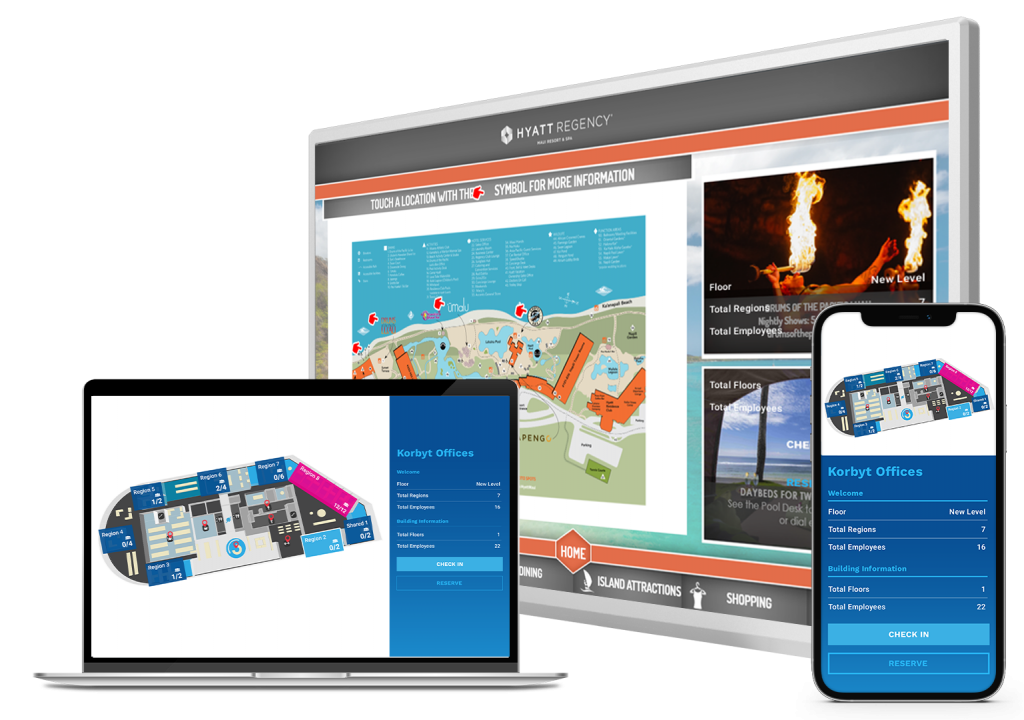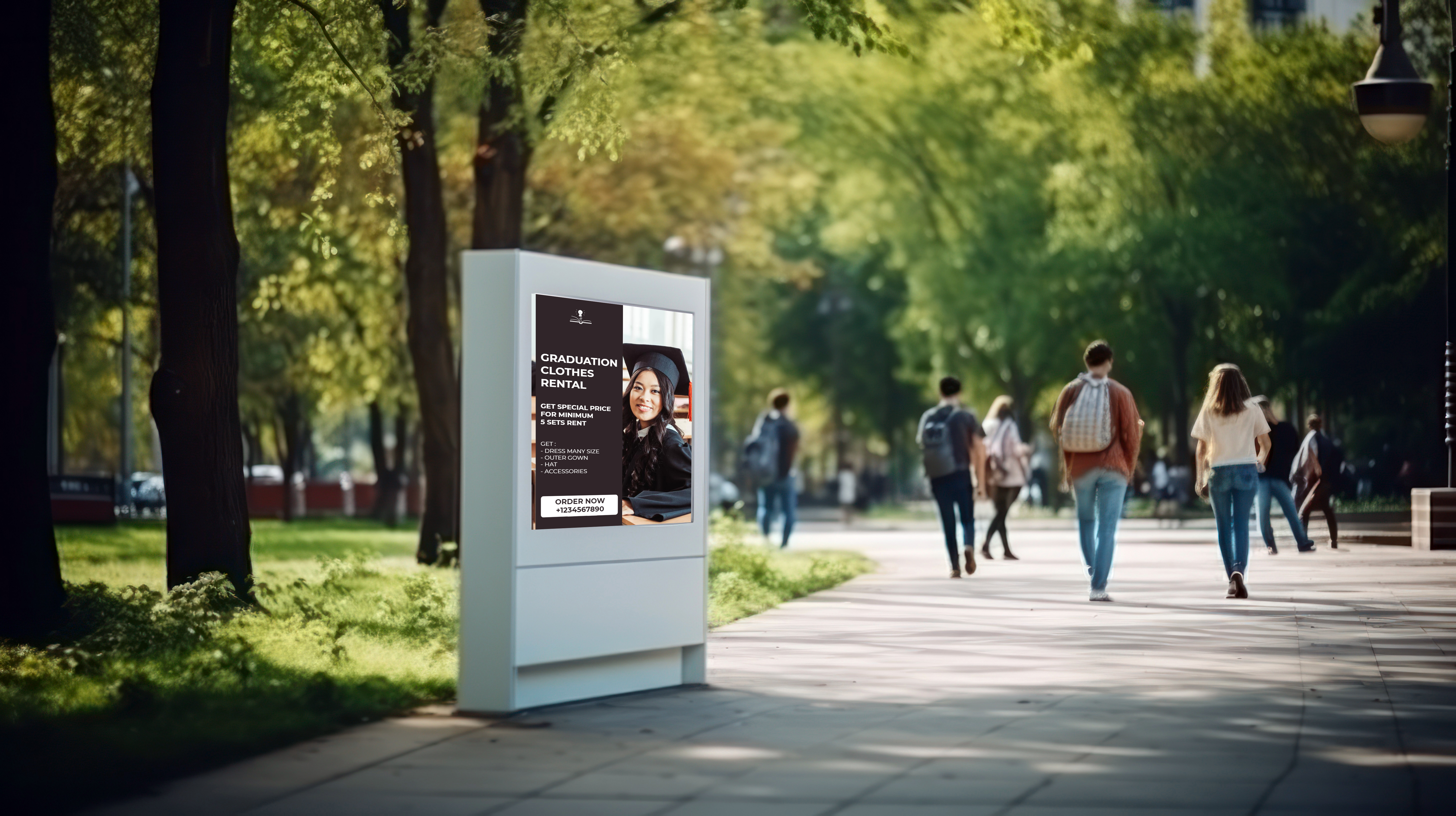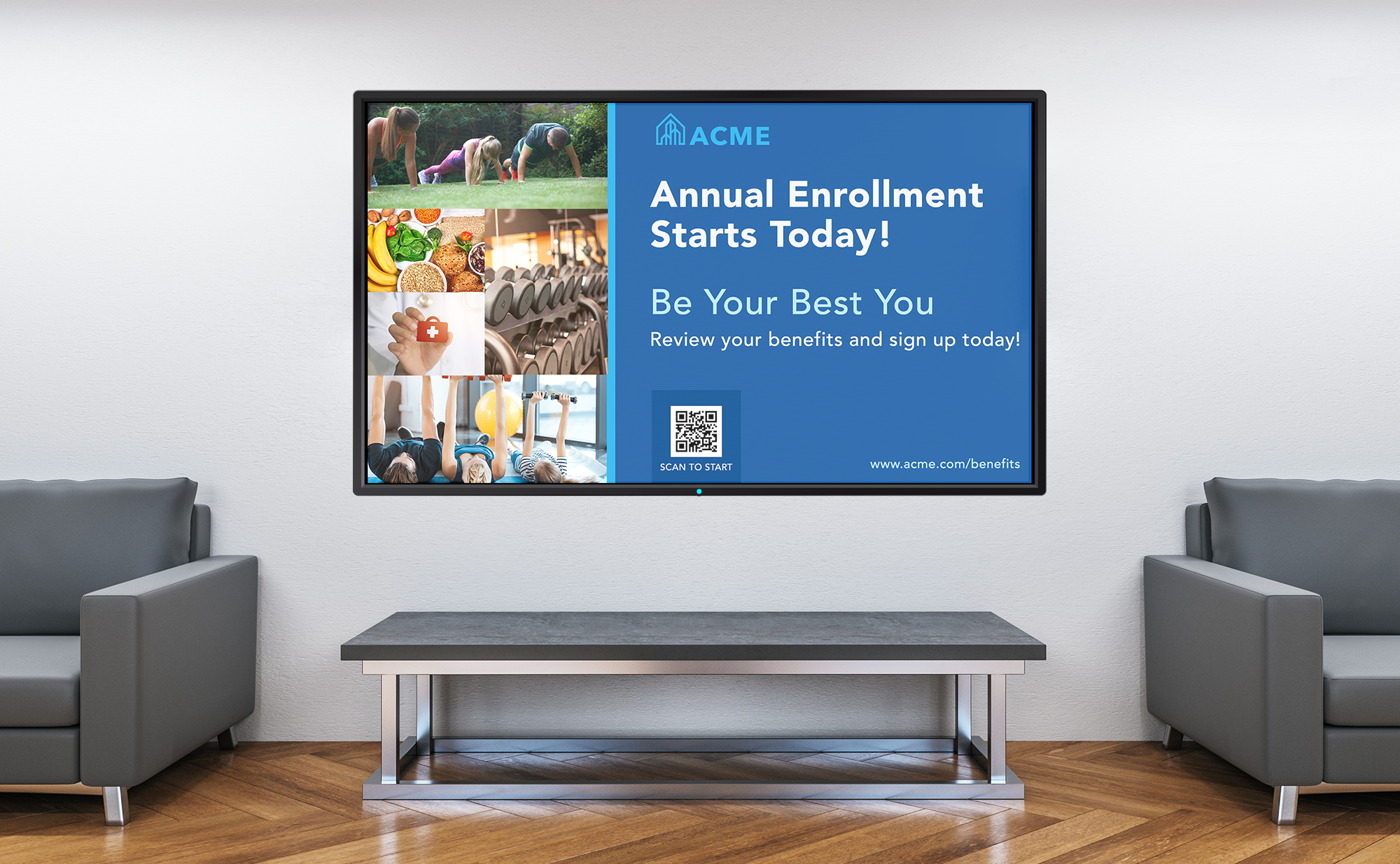To coin a phrase, “You are where you work.”
In a well-planned, high-functioning workspace, your workforce reflects that in positive performance and productivity. Counter that against the office that is hard to navigate, with barriers to even the simplest of meetings, let alone collaboration: that place is a poster child for dysfunction, home to a workforce accomplished mostly in missed goals and botched opportunity.
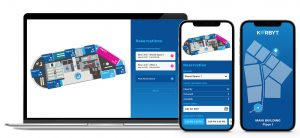
Choosing one over the other is a matter of Space Management, a term whose reach extends out as far as your offices, your warehouse, your contact centers — wherever you physically do business with your employees. Logistically, it can be as the property manager’s all-knowing bird’s eye view: identifying and allocating those physical spaces to forecast, plan for, and serve everyday needs. Strategically, it can be about modeling and scenario planning, using your space in human-centered fashion, to promote health, create culture, and achieve goals.
Productively, it is about creating the best workplace experience for your people. That’s the focus here, and it’s an upgrade to your work environment you can achieve with the right technology.
With wayfinding, your workforce navigates your space in ways that are more efficient, more informed, and more personalized.
With on demand workspace reservations, your teams can book the right meeting space through a system that operates on real-time information and updates, to accommodate all your employees: on-premise, remote or hybrid.
With a modern workplace experience platform, your employees and visitors can have direct access to these tools — and the benefits to collaboration and productivity that they bring with them.
Moving in The Right Direction with Wayfinding
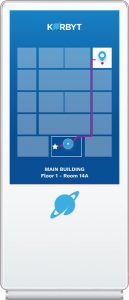
As employees begin a return to office, you may have many changes in store for them. The office space layout may have evolved to address social distancing. There may be a need to account for new hot desk assignments based on hybrid team members — or even ways to communicate the location of employees who have gone fully remote.
In terms of space management, a wayfinding solution handles all of this by turning your digital signage into interactive directories, maps, and directional signs. A digital directory at reception is more than a listing of names: it can bring up a map to their location across several floors or multiple buildings. For the remote employee, the directory can transition to providing contact details. QR codes or text options can pass that information over to an on-site employee’s mobile device, supporting your people with opportunities to make their connections immediate and real.
Across campus, additional monitors and kiosks provide wayfinding opportunities, re-introducing employees to their individual space — and guiding them to the perfect space within your walls for their meetings and events. Construction or detours can be incorporated into the mapping software in near real-time, speeding individuals to where they need to be.
Wayfinding can be especially useful for warehouse workers who may need to make it to unfamiliar parts of the facility for training purposes. Health-concerned employees can even use interactive touch screens to map out their own custom routes through an office, to minimize contact with other people. It’s even possible to bring this wayfinding on-the-go by incorporating directory and navigation features into company mobile applications.
With wayfinding, fewer barriers equal faster access. When employees know exactly where to go for locations and destinations, familiarity breeds results.
Space Utilization – Right Meeting Place, Right Meeting Time
While wayfinding gets employees to their destination — where are they going in the first place? In terms of space management software, that’s the mission of on demand reservations.
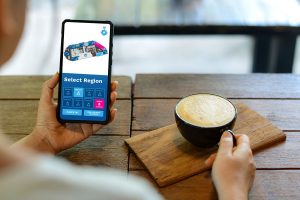
Booking physical space through paper sign-up sheets or even one-off screens outside a conference room can’t keep up with the speed of doing business — or the coordination among employees that can range from in office to working remotely from around the world. The same type of workplace experience platform that powers your wayfinding system can provide smart, self-updating reservations for teams and individuals.
When employees book a conference room — from kiosks, the company mobile app, or even integration with email clients like Outlook — a proper work space reservation system does more than mark a selected time and place. It can determine available space based on meeting attendees and the intent of the gathering. Will this meeting include on-premise and remote employees? The system can select the space that best suits the needs, assigning a room set-up with the right mix of AV equipment to ensure equal presence for everyone in the meeting. No matter where employees are located, smart reservations helps to make them feel and be included.
If a room becomes unavailable for some reason, the system will find the next best option. And if an organizer needs to cancel, space management software will reassign that availability to help meet the needs of another group looking for a conference room. In both instances, notifications go out to the team, keeping them informed of the latest updates. And when meetings are concluded, facilities is alerted for a proper sanitizing of the space and shared resources before the next group. Less focus on booking, more focus on business.
The same reservation support for conference rooms can extend to individual workstations, helping to support a hybrid workforce looking to “book” a desk. If you have employees on-premise only two days a week, the assigned desk may be a thing of the past — and flexible seating the way of the future. Hybrid employees can book from out-of-office to have a ready-to-go workstation when they arrive in-office. Smart reservations can dynamically assign a desk based on whatever spaces are empty and properly distanced. (In the event an office hits maximum occupancy, the system can be set to decline new requests.) A potential benefit of individual smart booking would be notifications sent to in-office workers when a hybrid teammate is on-site, promoting safe in-person interaction.
Space Management Software by the Numbers
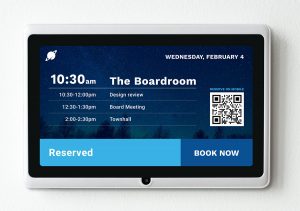
Like everything else in business, space management software generates abundant data — accurate space data can be a powerful tool for analysis and new efficiencies. It’s said that 50 percent of non-productive time in the workplace is wasted on needless communication or trying to access the right information. Even as modernized bookings and interactive wayfinding help to overcome those barriers, the real-time data being generated with every interaction and engagement is giving you a more and more accurate picture of your work space and how it’s being used by your workforce.
Are meetings being booked more in formal meeting spaces or in collaborative areas? Do employees consistently struggle to find their way to certain locations or team members? Is it time to convert those “permanent” workstations into hot desks to save space and expense? Knowing the actual demand on your space utilization and resources — including HVAC, lighting, and printing stations — will give you insight for both quick fixes and long-term planning.
Defining a Space Where Employees Will Do Their Best Work
Up until recently, the collective “we” spent almost a third of our lives in the office. Even with the changes your business must confront when it comes to hybrid and remote work, your physical office will remain an important environment for empowering your people. How will you define the best space to think, gather and accomplish?
When it comes to the task at hand, your workforce is eager for a work experience of less hassle and more focus. “You are where you work.” If there’s any truth to that, then now’s the time to use the productivity features of space management software to make your workspace a setting that demonstrates efficiency, innovation and collaboration. Do it not just for your business — but also for the human beings who make your business happen.

